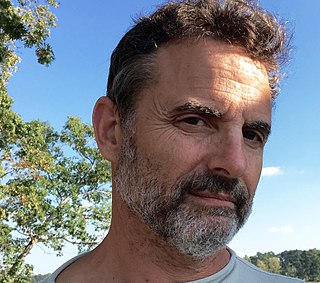A Quote by Lionel Shriver
Not that happiness is dull. Only that it doesn't tell well. And of our consuming diversions as we age is to recite, not only to others but to ourselves, our own story.
Related Quotes
In our concern for others, we worry less about ourselves. When we worry less about ourselves an experience of our own suffering is less intense. What does this tell us? Firstly, because our every action has a universal dimension, a potential impact on others' happiness, ethics are necessary as a means to ensure that we do not harm others. Secondly, it tells us that genuine happiness consists in those spiritual qualities of love, compassion, patience, tolerance and forgiveness and so on. For it is these which provide both for our happiness and others' happiness.
The misfortune of others is our misfortune. Our happiness is the happiness of others. To see ourselves in others and feel an inner oneness and sense of unity with them represents a fundamental revolution in the way we view and live our lives. Therefore, discriminating against another person is the same as discriminating against oneself. When we hurt another, we are hurting ourselves. And when we respect others, we respect and elevate our own lives as well.
Each of us is our own story, but none of us is only our own story. The arc of my own personal story is inexplicably and intrinsically linked to the story of my parents and the story of my neighbor and the story of the kid that I met one time. All of us are linked in ways that we don't always see. We are never simply ourselves.
How to avoid cliche at the root of conception? Practice sincerity. If we've come by ... material honestly, through our own personal experience or imagination, we may rightly claim it as our own. ... The way to make material your own is to look for it in yourself. ... It should be a story that only you can tell, as only you can tell it.
How often do we tell our own life story? How often do we adjust, embellish, make sly cuts? And the longer life goes on, the fewer are those around to challenge our account, to remind us that our life is not our life, merely the story we have told about our life. Told to others, but — mainly — to ourselves.
We begin from the recognition that all beings cherish happiness and do not want suffering. It then becomes both morally wrong and pragmatically unwise to pursue only one's own happiness oblivious to the feelings and aspirations of all others who surround us as members of the same human family. The wiser course is to think of others when pursuing our own happiness.
In America, the stories we tell ourselves and we tell each other in fiction have to do with individualism. Every person here is the center of his or her own story. And our job as people and as characters is to find our own motivations and desires, to overcome conflicts and obstacles toward defining ourselves so that we grow and change.
It is only when we want to take our lives out of the Father’s hands and have them under our own control that we find ourselves gripped with anxiety. The secret of freedom from anxiety is freedom from ourselves and abandonment of our own plans. But that spirit emerges in our lives only when our minds are filled with the knowledge that our Father can be trusted implicitly to supply everything we need.































